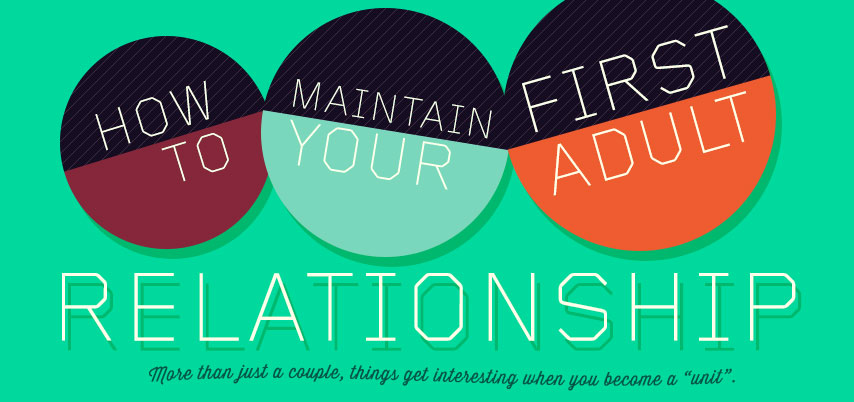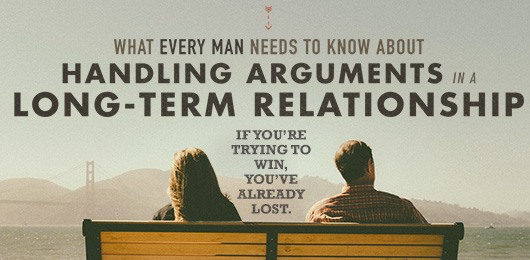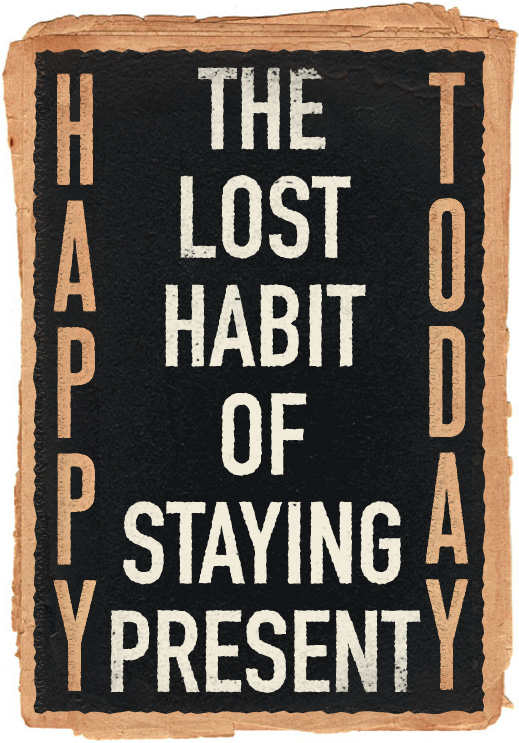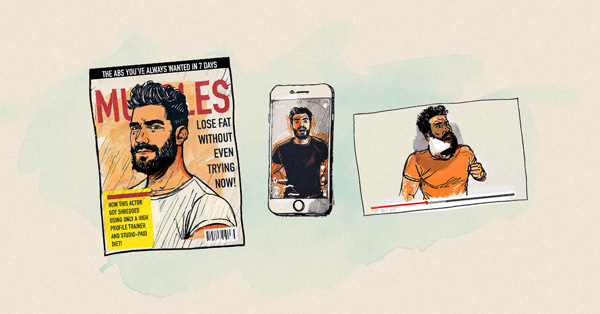It'd be a bit of an understatement to say that some pretty major changes happen in your life when you cross the student/graduate line. If you're lucky, you might be going into full-time employment or well-paid freelance work. If not, which is an increasingly high proportion of us these days, then you're getting used to the world of un- and underemployment, with all of its accompanying challenges. Depending on your living arrangements at college, you might be encountering the private rental market for the first time, or even looking at mortgages. Either way, you're about to get very familiar with an extensive array of utility bills. If you're one of those who've found their way into a job, lucrative or not, it's likely that you've just seen your free time reduce substantially, your number of early starts drive up, and your commute time suddenly become a major part of your day.
Taking all of this into account, it's no surprise that the transitional period of graduation has a big effect on your relationships and love life. Even if there are no direct changes to your relationships, they're sure to be affected by the other changes in your life. And for some people at least, there are changes to their social life after graduation. There may no longer be regular parties to meet people at, and maybe one night stands just begin to seem a bit less acceptable (or maybe not, your mileage may vary). Perhaps you're beginning to think seriously about finding ‘the one', or maybe you're just looking for someone a little more mature than you might perceive most college students to be.
All of these factors combined mean that relationships after graduation can be quite a different beast for most people. There are exceptions, of course – in fact, I like to think that I'm one, as I'm in a nearly-4-year relationship that started at college – but I hope it's fair to say that for a good number of people, their first serious, adult relationships begin once they're no longer students. If you think that's an absolutely ridiculous claim already, then you might as well stop reading now, 'cause I'm gonna start taking it for granted. So, without further ado, here are a few tips, tricks, and things to look out for as you enter the big, scary world of serious, long-term relationships:
Getting Started
Firstly, if you're looking for serious, long-term, rest-of-your-life, marriage-if-you're-so-inclined relationships then you need to be clear on that with yourself. Stop treating having fun as a good enough reason to keep dating someone, and definitely don't stay with someone just for the sex. If serious long-term relationships are what you're aiming for, then these are just wasting time. (Of course, if you're not yet looking for long-term stuff, then no shame at all in sticking around for the sex/fun, as long as both of you are on the same page. More power to you.) Similarly, one night stands are unlikely to get you anywhere – though since they, by definition, only take one night, you're hardly wasting much time.
What to do: Instead, focus on relationships where you can see at least some long-term relationship potential early on. Look for important factors such as interest in kids or marriage, political views, sexual preferences, and more. If you think the fact that they’re left-wing, or that they think good sex starts and ends with missionary, will be a problem for you in 10 years’ time, then at least consider breaking things off early on.
Time
What about when you're in that potentially long-term relationship though? Well, perhaps the biggest immediate concern is time. You're probably both exceedingly busy. If you're lucky, you're busy at the same times, and free at the same times. If not, this is going to be really difficult. It's important to be understanding of a partner's business and other commitments – it might be hard for them to find the time to spend days lazing around with you, and you've got to be okay with that. Equally, with their free time so valuable, they probably won't want to spend all of it with you. They (and indeed you) need time to themselves, and time with their other friends and family. That might not leave as much time for you as you'd like, but sometimes that's just how it is.
What to do: It’s important to schedule time together in advance, time that you promise will be free of other people or obligations – regular date nights are a great way to do this. Finding the times of day that work for both of you is great too, so that you know when to expect time together, and when to expect to be apart.
Money
Money is, unsurprisingly, another big deal. For one thing, college is a bit of a financial equalizer, leaving most people on a pretty similar financial footing while they're studying. The real world isn't like that. What happens if your partner earns double what you do? For one thing, can you handle the knock to your ego? Will you split joint purchases and nights out 50/50, or will the wealthier partner pay more? The latter might seem to make sense, but can leave a disproportionate amount of power in the hands of the richer of the two of you. You need to decide early on how well you can handle these sorts of economic imbalances. And just because you meet someone who's on a similar income to yourself doesn't mean you don't need to think about this – you might only be a promotion or two away from a serious inequality.
What to do: The main thing to keep in mind here is really just to make these sorts of decisions early on, and to discuss them again any time something major changes financially. It’s really worth having decisions made in advance that you’ve both agreed on, because the conversation is liable to become much more heated and passive aggressive once actual money is involved.
Pick Your Battles
And then there are just the things that come with any serious relationship. For one thing, you'll need to learn to pick your battles. It's absolutely inevitable that the two of you will argue. Sometimes a lot. Usually the worst arguments will be over the least consequential issues, like who did the laundry last, or whether or not Deckard was a replicant. The only way to weather these is to learn to pick your battles. Sure, they might have seriously misunderstood Blade Runner as far as you're concerned – but is it really worth a screaming match over?
What to do: A lot of these sorts of arguments come from failing to keep mind of the fact that you’re now no longer the only person with a stake in your life. This can range from the small stuff (you can’t go see the film you’re dying to watch) to the more significant (you have to spend Christmas with her family rather than yours). Making these sorts of compromises along the way – and in turn having your partner make them for you – is a major part of any adult relationship, and it’s integral to keeping you both happy with each other.
Change
If you’re sticking with someone for long enough, you’ll see things change. You’ll change, they’ll change, and the relationship will change. You’re going to have to come to terms with that. Sometimes, these changes are things that will cause problems, and lead the two of you to drift apart from one another. Sometimes, the lack of change can be the problem, as your relationship stagnates and becomes dull, especially as you stop making special efforts for one another and start to take things for granted.
What to do: You need to be ready for change, and to accept that no relationship can, or should, stay the same for good. In fact, a lot of change can be for the good – few relationships can survive stagnation, and the changes in the two of you are exactly what will keep your relationship interesting over the years. If you can feel stagnation coming on, and boredom setting in, then be proactive about making changes happen – start new hobbies, get out of the house, and do your best to break some of your habits.
Living Together
Finally, there’s what is, for most couples at least, the big one: living together. Unsurprisingly, there are plenty of complications here. Do you move into their place, or the other way around? Or are you finding somewhere together? One important thing to consider is personal space. If you’re sharing one room together, this one’s quite tough, but few things will ruin a good relationship faster than feeling like you can’t get away from each other. Last, but certainly not least, domestic chores. I probably don’t need to explain how many relationship problems have involved issues here.
What to do: If one of you is moving into the other’s home, you need to make sure that concessions are made for the person moving in – it’s now both of your homes, and shake ups will be required when it comes to decoration, furniture, storage, and more. In terms of personal space, it might come down to the realization that sometimes one of you might need to leave the apartment so that you can get some alone time – don’t underestimate how important this can be for both of you, especially after any sort of argument. Finally, chores – a good rule of thumb is to always aim to do more than your fair share. Most people chronically overestimate their own contributions, and underestimate others’. If both of you aim to do 65% of the chores, it’s likely that you’ll actually end up splitting things pretty fairly.
There’s no one thing that makes the typical post-college relationship different from the typical college romance – it tends to be lots of little things, not all of which will apply to everyone, but which can add to up to quite a dramatically different experience. Without forethought, this can take you by surprise, and cause some relationship problems that should be completely avoidable. Some of the above may not apply to you yet, and some may never apply to you, but it’s all worth being aware of. Obviously, just about every topic I’ve discussed could support an article on its own, and some already have, right here on Primer. So take this as a primer (*ahem*) on post-college relationships: a guide to the big issues to be aware of, and look out for, along with a few tips that’ll hopefully help you to navigate the messy, confusing world of serious, long-term relationships.


















